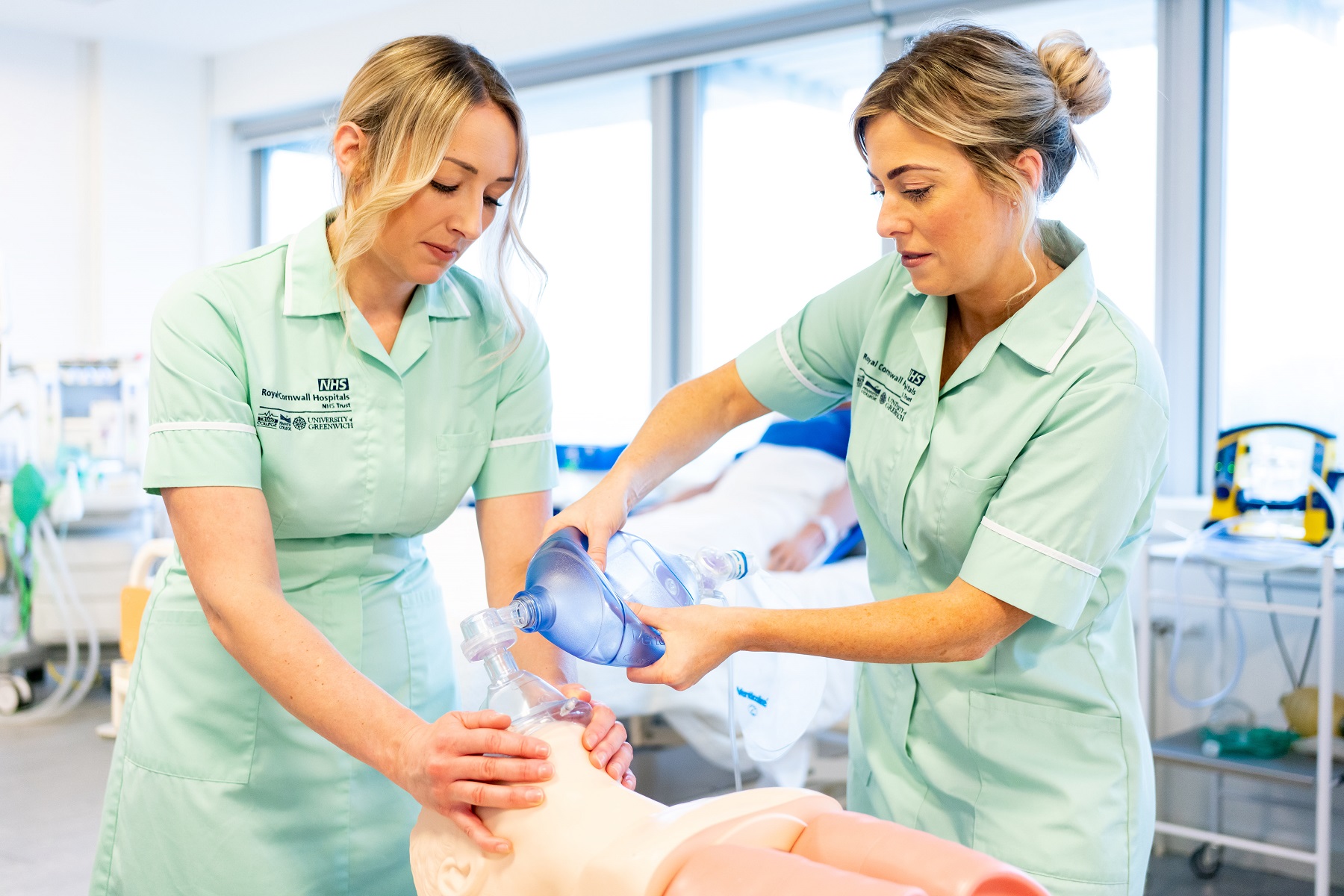New students starting in September: You can find more information about Induction days and submitting your GCSE results in our Start of Year Guide.
Why Choose the University Centre
There are many reasons why students choose to study with us. We strive to be high quality, friendly and student focused and our staff recognise that their job is to teach and support students so that they can graduate and move into a successful career.
Cornwall is fast gaining recognition for its spirit of innovation, creativity and entrepreneurialism, and has a can-do, inclusive culture that attracts people of all ages, backgrounds and personalities. Studying at the University Centre, with access and links to some of the region's most dynamic industries and organisations, puts you at the heart of this transformation.

GET A FLAVOUR OF UNI LIFE AT TRURO & PENWITH
Oct
18
University Centre Graduation
11:00 am - 4:00 pm
October 18 - October 18



















